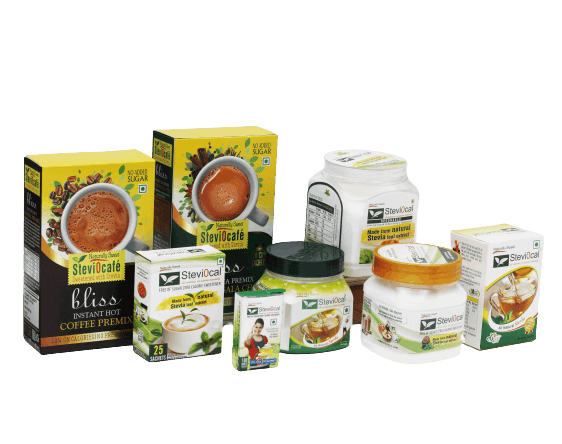Stevia is an ancient plant used in cultures around the world. It is a natural sweetener and it comes in powder, capsule and liquid forms. There are thousands of products on the market that contain naturally-sourced stevia. Some are marketed as diet foods, but others are intended as a natural substitute for sugar in recipes. These include many snack bars, salad dressings and beverages.
In addition to its sweetening abilities, stevia can be helpful in managing cholesterol. One study in 2010 showed that stevia significantly reduced glucose levels and insulin responses in obese participants. This may help people to manage blood sugar levels and prevent cardiovascular disease. People who are overweight should avoid eating foods with high levels of added sugar.
Some stevia brands can cause abdominal cramps or bloating, so it is important to be careful when choosing a brand. If you are allergic to stevia, you should avoid using it. Those with diabetes should avoid stevia when pregnant.
Although there have been a few negative studies on stevia, it is considered safe. The Food and Drug Administration has approved stevia glycosides as safe. Currently, the FDA does not require premarket approval for crude stevia extracts. However, the Food and Drug Administration has not approved whole-leaf stevia. A 2009 study showed that stevia powder helps to manage cholesterol.
Another study in 2012 found that stevia increases HDL (good) cholesterol while lowering LDL (bad) cholesterol. In the study, participants ate 20 milliliters of stevia daily. Individuals in the stevia group were able to maintain their body weight while those in the control group gained weight.
Many foods and beverages with stevia are calorie-free and can help decrease calories from unwanted sweeteners in children’s diets. For example, some soda companies sell diet cola soft drinks that are sweetened with stevia.
Most stevia related sensory research has focused on reducing bitterness, which is a physical sensation produced in the mouth. Using too much stevia can cause a metallic or bitter taste. That taste is produced when a chemical reaction takes place with taste receptor cells in the mouth. Getting the right texture and flavor requires experimenting with the proportions of stevia in different recipes.
As a general rule of thumb, one teaspoon of pure stevia is equivalent to 1/64 teaspoon of table sugar. Each brand of stevia has a slightly different ratio of sugar to stevia. So, you may need to adjust your recipe to make it sweeter. Alternatively, you may want to experiment with a different brand of stevia to find the right balance.
Besides being sweeter than table sugar, stevia products are generally carb-free and calorie-free. Several health organizations have suggested that stevia should be included in a healthy, balanced diet. Moreover, a growing number of stevia-containing foods and beverages are now available in the United States. You can find them in health food stores and supermarkets.
Although stevia is safe for most people, you should consult your doctor before you start taking it. You should also avoid stevia while you are pregnant or nursing.

